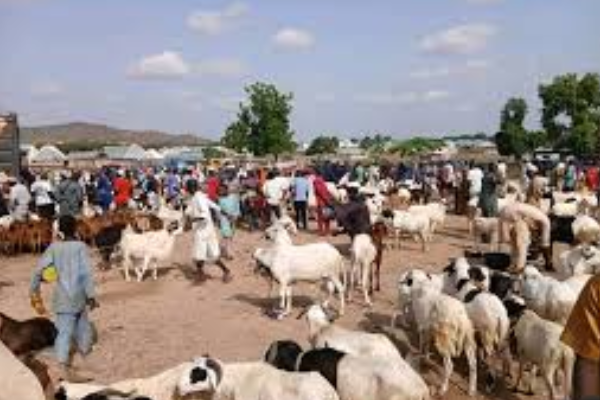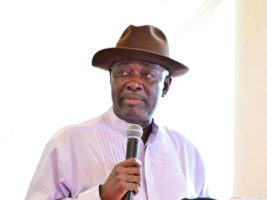Livestock markets in Abuja are still bustling with buyers looking to purchase rams for Eid al-Adha celebrations.
Despite the high cost of cattle, traders report successful business this year, with demand significantly exceeding supply.
The prices of rams have dominated discussions among Nigerians as Muslims celebrate Eid al-Adha.
The ram is a common sacrificial animal during this holiday, in line with the sunnah tradition.
At Kugbo livestock market in Kano, where buyers and sellers actively negotiate prices. Bilyaminu Shuaibu, a major ram trader, sources his rams from Bauchi State and transports them to Abuja for sale.
He explained that transportation and feed costs have increased the price of livestock.
Read Also

Despite the high cost of rams, Bilyaminu and other ram sellers report that demand has significantly increased this year, surpassing their supply capacity.
It’s not a pleasant experience for Muslims and many others who have to buy rams this season, as they accuse livestock traders of exploiting the high demand to inflate prices
The Kugbo livestock market has a thriving economy built around the sale of rams and other cattle, with a value chain that includes meat processing, butchering, and by-product processing.
In contrast, traders in a nearby foodstuff market report a slight decrease in prices, hoping for a steady decline.
President Bola Tinubu, in his message marking the second anniversary of his administration, acknowledged the challenges of the cost of living while highlighting progress, including easing inflation and declining prices of staples like rice.
He emphasised that his administration’s reforms aim to reduce the cost of living, promote economic justice, and create a business-friendly economy.





